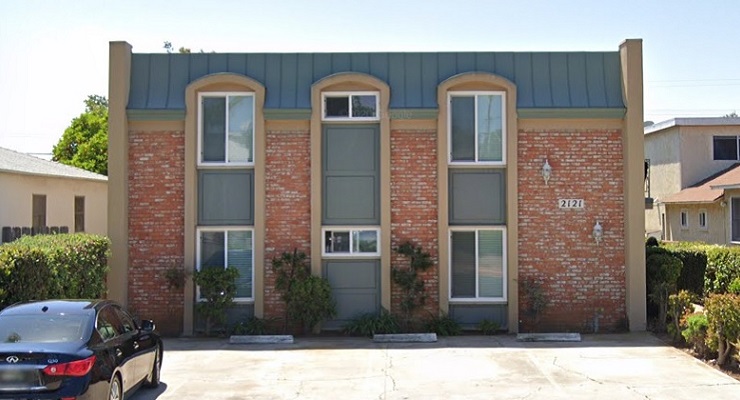
With the Fed’s recent announcement that rates will be kept “higher for longer”, market participants’ hope for more significant rate cuts in 2024, were dashed for the moment.
Housing sentiment still declined further last month with mortgage rates remaining the biggest challenge to home buyers, added a report from the California Association of realtors (C.A.R.) With costs of borrowing staying high and rates likely to fluctuate in the next couple of weeks, home sales will remain soft in the near term, said theIR report.
At the same time, consumer prices surprisingly rose, increasing 0.4% month-over-month and 3.7% year-over- year in September. Stubborn energy prices, though eased somewhat last month, continued to put upward pressure on overall inflation.
The slight retreat in retail prices at the gas pump since the end of September, however, will provide some relief to consumers in the near term and should help ease the inflationary pressure in October, the C.A.R. report noted.
As the International Monetary Fund’s blog also noted Monday, Central banks could keep interest rates higher for longer as they fight to curb inflation that remains stubbornly high in many countries—and slow their economies by doing so.
“Such an environment hasn’t confronted the world’s financial markets in a generation,” the blog authors pointed out. “That means financial supervisors must sharpen their analytical tools and regulatory responses to address emerging threats. And the new risks gathering in the banking system and beyond mean it’s time to redouble efforts to identify the weakest lenders.”
At the same time, the most recent Fannie Mae Home Purchase Sentiment Index® (HPSI) decreased by 2.4 points in September to 64.5, as elevated mortgage rates further dampened already pessimistic consumer housing sentiment, according to their latest report.
Five of the HPSI’s six components decreased month over month, said the report, including the components measuring perceived homebuying and home-selling conditions.
In September, according to the HPSI, 16% of consumers reported that it’s a good time to buy a home, matching the all-time survey low set last year. Additionally, 63% said it was a good time to sell a home, down 3 percentage points compared to the prior month. Only 17% of consumers indicated that they expect mortgage rates to go down over the next 12 months. Overall, the full index is up 3.7 points year over year.
“Mortgage rates persistently over 7 percent appear to be deepening the malaise consumers feel about the home purchase market,” said Doug Duncan, Fannie Mae Senior Vice President and Chief Economist. “In fact, high mortgage rates surpassed high home prices as the top reason why consumers think it’s a bad time to buy a home, a survey first. Notably, the share of consumers expressing pessimism about home buying conditions hit a new survey high in September, with 84% now indicating that it’s a bad time to buy a home.
“On the sell side,” Duncan continued, “respondents also listed unfavorable mortgage rates as the top reason why they believe it’s a bad time to sell a home. This indicates to us that many homeowners are probably not eager to give up their ‘locked-in’ lower mortgage rates anytime soon, but it also may reflect the worry of some homeowners that sale values might be suppressed slightly if the pool of qualified homebuyers is constrained by elevated mortgage rates.”
The Core Consumer Price Index (core CPI)—a measure of prices that excludes food and energy —continued to fall in September, but the improvement has been slow and will likely remain slow in the next couple of months, said the C.A.R report. While the latest CPI report provides some insights on the recent progress on inflation, the Fed will be looking for more evidence in the next few weeks to prove that the economy is indeed slowing before putting the rate-hike movement on hold in their November meeting.
In one spot of better news, the share of homes being sold to first-time buyers increased from 33.7% in 2022 to 36.2% in 2023, according to the C.A.R. 2023 Housing Market Survey. The increase in the first-time buyer share this year, however, was not attributable to housing being more affordable. Rather, the rise in share was due primarily to fewer repeat buyers entering the market as many of them were also homeowners who were not willingly to put their house up on the market for sale due to the lock-in effect.







